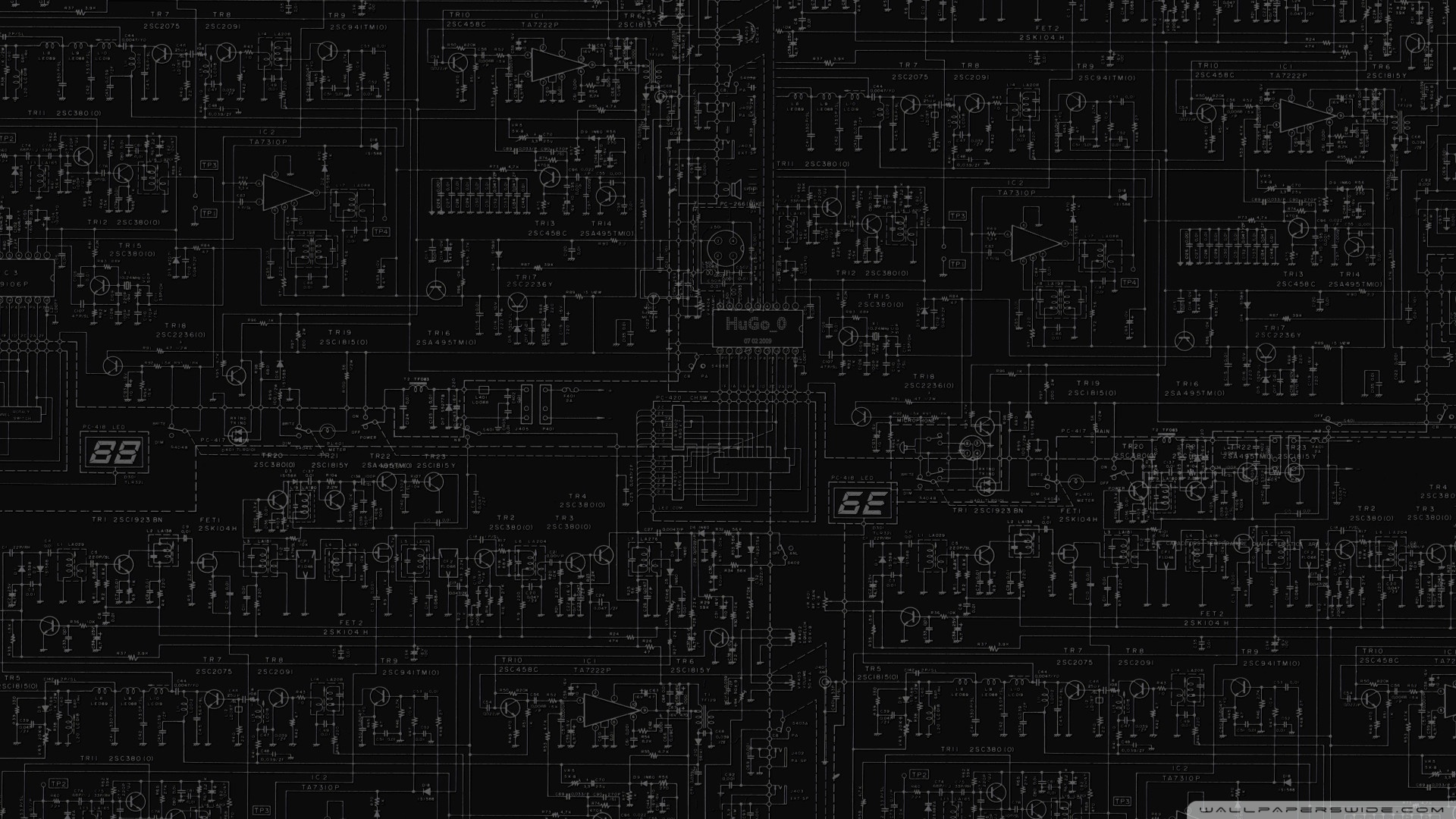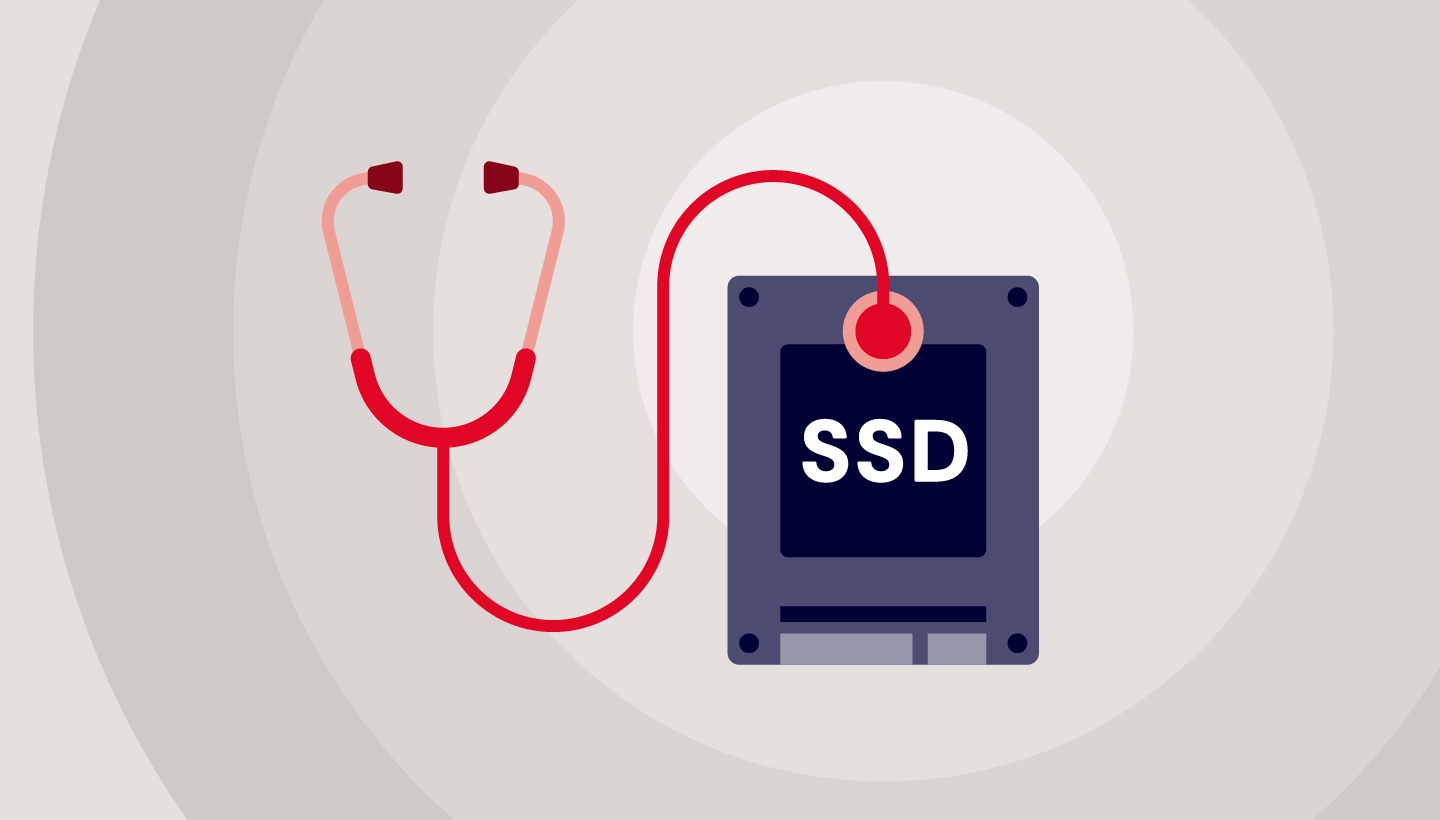yepsy
Epic Member
I have been experiencing varying levels of stuttering and unresponsiveness when using Premiere Pro, Photoshop, and when gaming.
With Premiere it will come and go, depending on how the content has been buffered, but it is still annoying when my M1 Macbook Air provides a smoother playback experience. Running two SSDs and loads of RAM, I can't seem to figure out what is causing this exactly.
With Photoshop it will sometimes be severely worse, to the point you would struggle to use the application at all. Loads of excess RAM available, neither CPU nor GPU under much load, SSDs also not doing much.
Sometimes while launching games or switching in and out of them I also experience stuttering and a weird level of unresponsiveness, giving me the impression that some part of the chain is being bottlenecked. I keep an eye on task manager and can't see anything weird. The only thing that catches my eye is possibly slow read and write speeds being reported on the system drive (970 EVO Plus) of maybe a few MB/s, but I'm not sure if that is abnormal as it also varies with the workload. I have run benchmarks and diagnostics using Samsung Magician, with nothing strange being reported.
Any ideas as to what can be causing this issue?
My Specs:
ASRock X570 Phantom Gaming X AMD X570 Ryzen Socket AM4 ATX Desktop Motherboard
AMD Ryzen 9 3900X 12 Core 3.8GHz (4.6 GHz Boost) Socket AM4 Desktop CPU
2x G.Skill Ripjaws 16GB DDR4-3600MHz Black Desktop Memory
Palit GeForce RTX 2080 SUPER GameRock Premium Edition 8GB GDDR6 256-bit PCI-E Graphics Card
Corsair HX1200i 1200W 80 Plus Platinum Certified Fully Modular Desktop Power Supply
Samsung 970 EVO Plus 1TB NVMe M.2 PCIe Solid State Drive
Mushkin Helix-L 1TB M.2 PCIe NVMe Solid State Drive
With Premiere it will come and go, depending on how the content has been buffered, but it is still annoying when my M1 Macbook Air provides a smoother playback experience. Running two SSDs and loads of RAM, I can't seem to figure out what is causing this exactly.
With Photoshop it will sometimes be severely worse, to the point you would struggle to use the application at all. Loads of excess RAM available, neither CPU nor GPU under much load, SSDs also not doing much.
Sometimes while launching games or switching in and out of them I also experience stuttering and a weird level of unresponsiveness, giving me the impression that some part of the chain is being bottlenecked. I keep an eye on task manager and can't see anything weird. The only thing that catches my eye is possibly slow read and write speeds being reported on the system drive (970 EVO Plus) of maybe a few MB/s, but I'm not sure if that is abnormal as it also varies with the workload. I have run benchmarks and diagnostics using Samsung Magician, with nothing strange being reported.
Any ideas as to what can be causing this issue?
My Specs:
ASRock X570 Phantom Gaming X AMD X570 Ryzen Socket AM4 ATX Desktop Motherboard
AMD Ryzen 9 3900X 12 Core 3.8GHz (4.6 GHz Boost) Socket AM4 Desktop CPU
2x G.Skill Ripjaws 16GB DDR4-3600MHz Black Desktop Memory
Palit GeForce RTX 2080 SUPER GameRock Premium Edition 8GB GDDR6 256-bit PCI-E Graphics Card
Corsair HX1200i 1200W 80 Plus Platinum Certified Fully Modular Desktop Power Supply
Samsung 970 EVO Plus 1TB NVMe M.2 PCIe Solid State Drive
Mushkin Helix-L 1TB M.2 PCIe NVMe Solid State Drive







